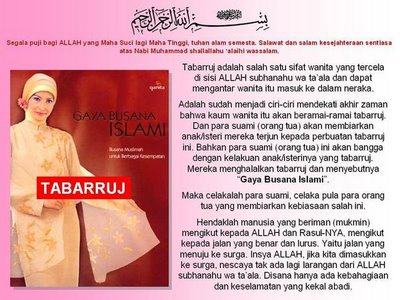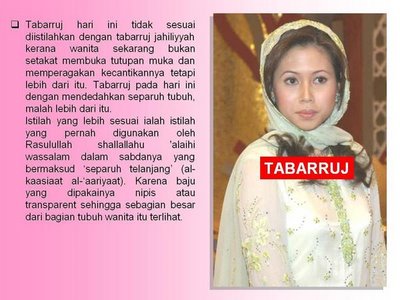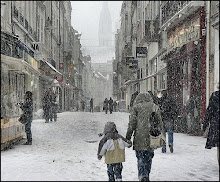Tue Jul 18, 06 08:29:02 AM Oleh AJ
BEIRUT, July 18 - Israeli aircraft have bombed Hezbollah positions in Lebanon for a sixth successive day; but the attacks have not stopped the Shia fighters from firing over 50 rockets at Israeli towns and cities.
In Lebanon, anger was also rising as the Israeli attacks killed at least 40 more civilians, taking the toll to over 200 by Monday evening.
The deadliest attacks came when Israeli aircraft fired missiles at a minibus in the town of Rmeileh, between Beirut and Saida. Twelve civilians were killed.
Reuters news agency reported that the vehicle was taking civilians away from the fighting and towards Beirut when the missile struck.
In Saida, Red Cross rescue workers also discovered on Monday the bodies of nine other civilians who were in a building stuck by bombs on Sunday.
The international community have appealed for calm amid growing calls to deploy a multinational military force to monitor and, if necessary, impose a ceasefire along the border.
Israel has said that it will continue to attack Hezbollah until the group stops firing missiles from Lebanon and releases two Israeli soldiers that it captured last Wednesday.
Israeli air attacks have been concentrated on the border region and areas surrounding the two port cities of Saida and Tyre.
Most strikes have been directed against Hezbollah military strongholds and weapons storage facilities.
Israeli artillery fires at southern Lebanon on 16 July
On Sunday Israel warned all Lebanese civilians to leave their homes in southern Lebanon ahead of the coming offensive.
Many have complied and have travelled north to seek relative safety in the capital Beirut and other major cities.
Israel’s Army Radio quoted Israel's chief of staff as saying that Israel planned to enforce a 1km (0.5 mile) "security zone" inside Lebanon to keep Hizbollah away from the border.
Hezbollah attacks
After killing eight Israeli civilians on Sunday, Hezbollah renewed its rocket attacks on Israeli towns and cities on Monday.
In Haifa, Israel’s third largest town where twenty rockets hit yesterday, five civilians were wounded when rockets badly damaged a residential building.
Short-range Katyusha rockets also wounded six people in the Galilee region of Western Israel. Others landed harmlessly in and around several towns in northern Israel including Acre and Tiberias.
Hezbollah attacks have killed 24 Israelis so far, including 12 civilians killed by rockets.
Negotiations
A United Nations team has also begun trying to broker a ceasefire as the world’s most powerful industrial nations called for an end to the fighting from the Group of Eight summit in St Petersburg.
The French prime minister, Dominic de Villepin called for “an immediate, humanitarian truce”.
Vijay Nambiar, who is leading a UN team to organise a ceasefire said there had been "some promising first efforts on the way forward” but added that “much diplomatic work needs to be done."
Nambiar will hold talks with Israeli Foreign Minister Tzipi Livni on Tuesday.
Tony Blair, the British prime minister called for an international military force to separate the warring sides.
Israelis in a bomb shelter near the border with Lebanon
"The blunt reality is that this violence is not going to stop unless we create the conditions for the cessation of violence," said Blair, speaking at the G8 summit.
"The only way is if we have a deployment of international forces that can stop bombardment coming into Israel,” he said.
Officials from Iran, the main military and financial backer of Hezbollah, said that a cease-fire and a prisoner swap would be "an acceptable and fair" deal to resolve the conflict.
"In fact, there can be a cease-fire followed by a prisoner swap," said Manouchehr Mottaki, the Iranian foreign minister after talks with Syrian Vice President Farouk al-Sharaa in Damascus. - mks.










